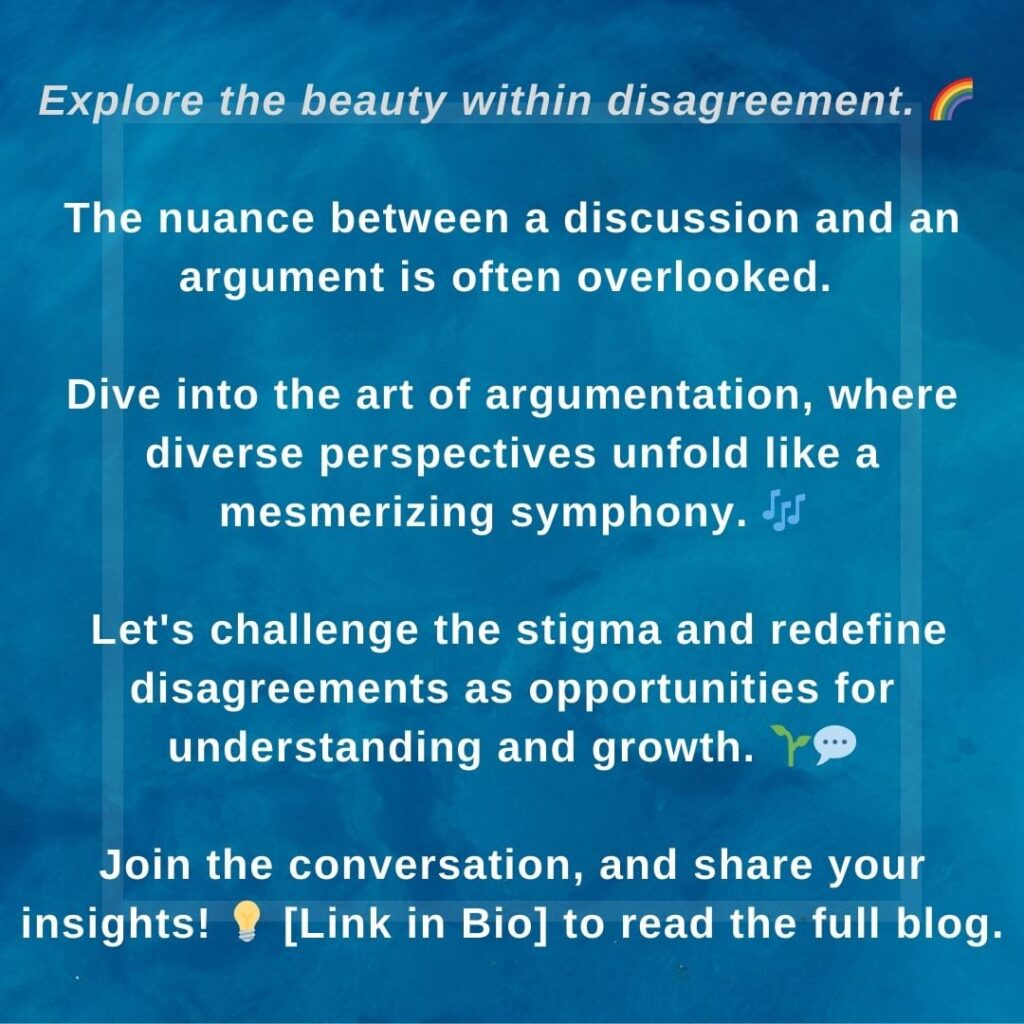– Rising Above
A narrow mind behind a gory war !!
In today’s world, conflict resolution is more critical than ever. It’s essential to contemplate the underlying causes of conflicts and seek a path towards lasting peace. Recent events, such as the Russia-Ukraine conflict and the Israel-Hamas confrontation, highlight the urgency of addressing not just geopolitical issues but also the deeply rooted mentalities that sustain these conflicts. This blog explores the idea that, instead of hating people, we should focus on transforming mindsets and nurturing a culture of peace. It emphasizes the role of authorities and society in fostering a more harmonious world.
Embracing Conflict Resolution: Understanding Mindsets for Lasting Peace
Conflict is often a reflection of differing mindsets, where individuals or groups are deeply entrenched in their beliefs and perspectives. Instead of fostering hatred towards people, we should aim to understand the underlying causes of these mindsets. They can be shaped by historical experiences, fear, prejudice, and misinformation.
Addressing mindsets is essential because it provides a long-term solution. When people’s perceptions and attitudes change, they are more likely to seek peaceful resolutions to conflicts rather than perpetuating them.
The Role of Authorities
Governments and leaders play a critical role in shaping and influencing public opinion. They have a responsibility to create an environment that promotes tolerance, understanding, and open dialogue. Here are a few ways in which authorities can work on transforming mindsets:
- Education and Media: Authorities can shape public perception through educational reforms and media regulations. Promoting a balanced and unbiased view of history and current events can help reduce prejudices and misconceptions.
- Conflict Resolution: Encouraging dialogue and diplomacy over aggression is crucial. Authorities should invest in conflict resolution mechanisms, both domestically and internationally.
- Cultural Exchange: Facilitating cultural exchanges and people-to-people diplomacy can bridge divides and foster mutual understanding.
- Human Rights and Equality: Promoting human rights, equality, and social justice creates a society where all individuals feel valued and respected.
The Role of Society
Society plays an equally vital role in transforming mindsets. It’s not just up to authorities; individuals can actively contribute to a culture of peace as well. Here’s how we can make a difference:
- Empathy: Foster empathy by trying to understand the perspectives of others, even if they differ from your own. Engaging in open and respectful conversations can be a powerful tool for change.
- Education: Take it upon yourself to educate others about the importance of peace, tolerance, and understanding.
- Community Building: Actively participate in initiatives that promote dialogue and unity among various communities.
- Advocate for Change: Support policies and initiatives that promote peace, human rights, and equality.
Empowering Change with a Positive Mindset for a Harmonious World
Hating individuals based on nationality, religion, or ethnicity only perpetuates the cycle of violence and conflict. To break free from this cycle, it’s essential to address the underlying mindsets that sustain these conflicts. The responsibility falls on both authorities and society to work towards a culture of peace, understanding, and tolerance. By shifting our focus from hatred to mindset transformation, we can pave the way for a more harmonious and peaceful world.
Conflict resolution is essential for fostering a harmonious world. It requires acknowledging mistakes, embracing growth, and learning from past experiences. For more insights on the power of acknowledging mistakes and embracing growth, you can visit this link. By understanding the importance of continuous learning and personal development, we can contribute to a more peaceful and understanding society.
Do Follow for More Tips and Inspiration:
- Instagram: Follow us on Instagram
- Pinterest: Follow our Pinterest profile
FAQs
- How does conflict resolution contribute to global peace efforts?
- What are some effective strategies for promoting conflict resolution in communities?
- How can individuals contribute to conflict resolution in their daily lives?
- What role do governments play in facilitating conflict resolution on an international scale?
- Are there any successful examples of conflict resolution initiatives in recent history?
- What are the challenges faced in implementing conflict resolution strategies?
- How does cultural exchange contribute to conflict resolution efforts?
- What are some common misconceptions about conflict resolution?
- How does conflict resolution differ from conflict management?
- Can conflict resolution prevent future conflicts from arising?
